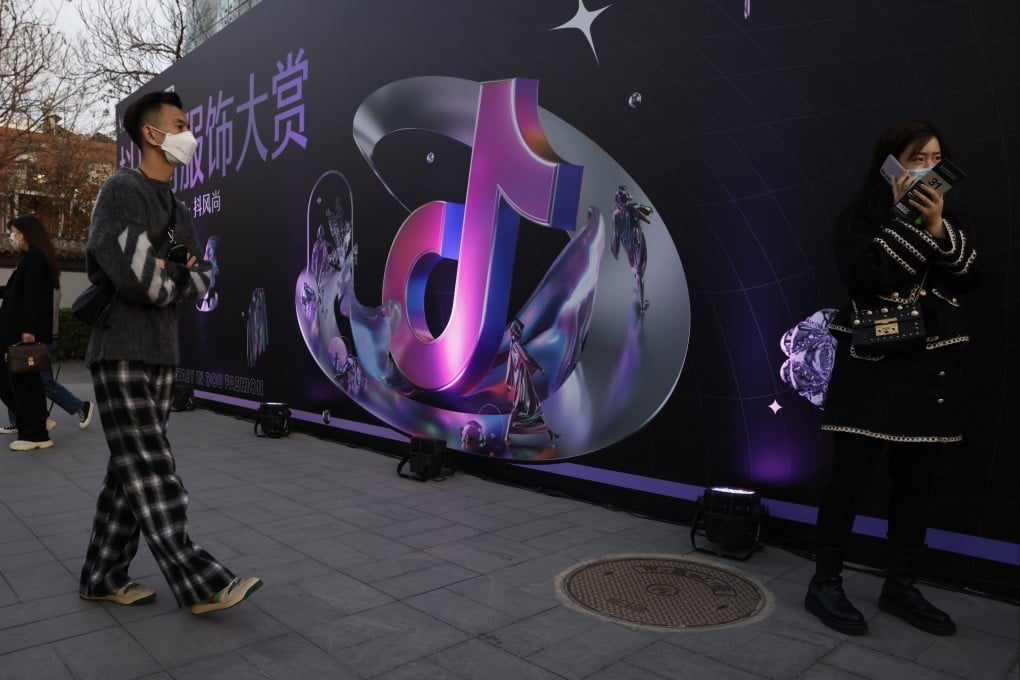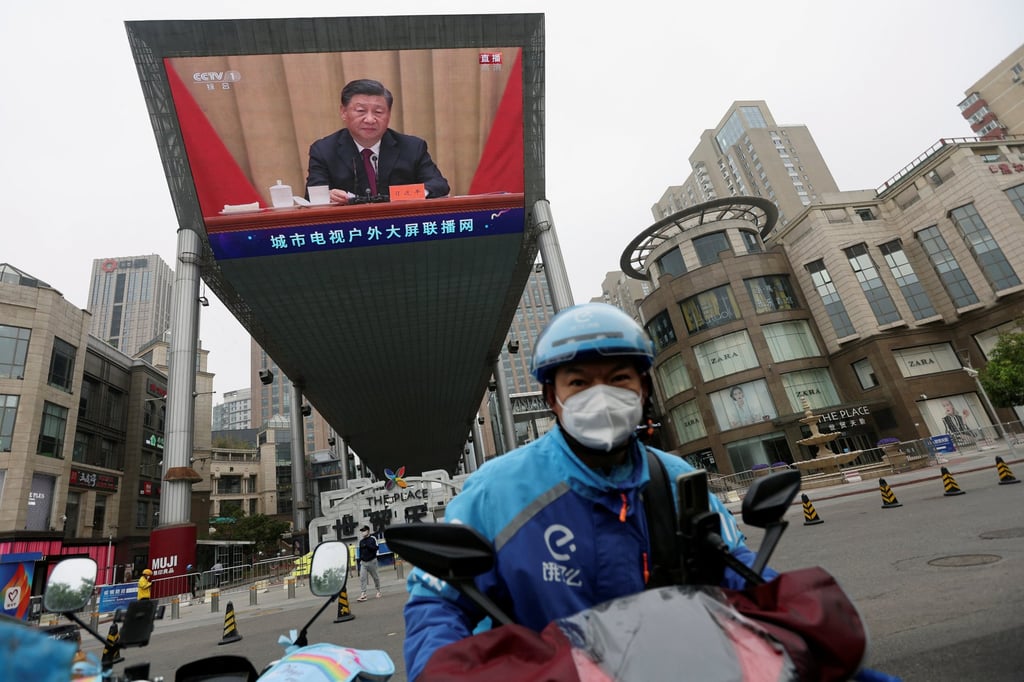Advertisement
Alibaba’s Ele.me joins ByteDance’s Douyin to challenge Tencent-backed Meituan in food delivery market
- The new partnership will allow short video viewers to directly order meals on Douyin through an Ele.me mini-app
- Ele.me holds a smaller share than Meituan in China’s online food delivery market
Reading Time:2 minutes
Why you can trust SCMP

Ele.me, the food delivery platform backed by Alibaba Group Holding, announced on Friday a partnership with ByteDance that would allow the 600 million daily active users on Douyin, TikTok’s Chinese version, to order meals through the short video app.
Through the collaboration, Ele.me will promote offerings from millions of restaurants and shops through videos on Douyin, according to the companies’ joint press release. Viewers can immediately place their orders via a mini-app of Ele.me found on Douyin, in an experience that the firms called “I watch, I order and I receive”.
Alibaba, owner of the South China Morning Post, bought Ele.me from the app’s founding team in 2018 for US$9.5 billion. However, the platform has been struggling to compete against leading player Meituan, which is backed by Tencent Holdings.
Advertisement
Ele.me held 27 per cent of China’s online food delivery market in the first quarter of 2021, less than half of Meituan’s share of 67 per cent, according to Shenzhen-based Forward Industry Research Institute.

While Alibaba is trying to improve the performance of its local service offerings, ByteDance is stepping up efforts to monetise the widely popular Douyin by encouraging users to spend more through the app.
Advertisement
Advertisement
Select Voice
Choose your listening speed
Get through articles 2x faster
1.25x
250 WPM
Slow
Average
Fast
1.25x